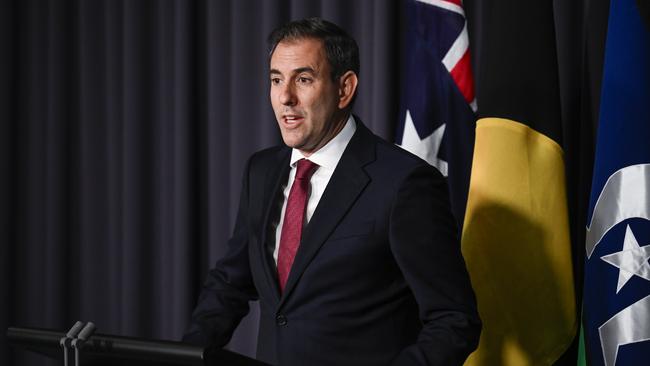New super tax creates new headaches for advisers and their clients
High value retirees may regularly avoid adding to their super under the new tax provisions, seeking new areas to allocate funds.

As we approach the end of another financial year, there will be the usual rush to make last minute super contributions. But it feels different this time around. What is weighing on people’s minds is the looming Division 296 wealth tax to be imposed on super balances above $3m.
When added to the existing Division 293 tax on super contributions and the Transfer Balance Cap (TBC) limiting maximum tax free super pensions in retirement to $1.9m, the question needs to be asked.
I was discussing Division 296 tax with a retired client this week who has $4m in super. We spoke about the various options available to minimise the impact such as family trusts and investment bonds, however, the client is likely to use this event as the catalyst to finally move into a smaller property in a more desirable location. (Remember, Division 296 is a new 15 per cent tax to be imposed on earnings on amounts over $3m in super).
The plan? Rather than free up cash from the move, the aim is to spend an extra $1m on the new property and reduce super back to a $3m balance.
Although the $300,000 downsizer contribution will be available as they have lived in the family home for more than 10 years, it is effectively worthless. Adding to super will trigger not just 15 per cent tax on earnings due to the $1.9m TBC, but trigger up to 30 per cent tax after Division 296 tax that captures unrealised gains.
Lee Clarke, founder at Newcastle based financial advisory firm Archer Private Wealth points out several practical problems with Division 296 tax: “Assets that are currently valued at levels below the purchase price will not be adjusted up to the original purchase price when the legislation is introduced. This means any losses currently within the super fund would be lost and the future growth would be taxable despite the cost of the asset being lower than the current valuation.
“We also fear some SMSF trustees may be tempted to apply inaccurate valuations to mitigate growth and not become liable for Division 296.
“In terms of fairness, tax and GST refunds received into a super account would be counted as part of the annual growth, meaning Division 296 tax would be levied against these tax refunds. This is contrary to the tax laws introduced to remove double taxation.”
For high income earners, extra taxes are already levied from super.
Clarke says: “Under Division 293 tax an extra 15 per cent is payable on super contributions when assessable income (including superannuation contributions) is greater than $250,000, taking total contributions tax to 30 per cent.”
Although the government estimates only 0.47 per cent of the 17 million people who hold super accounts will be affected by the $3m Division 296 tax, wealth platforms such as Dash Technology Group which administer assets for self managed super funds expect a fair portion of their clients to be affected.
Dash Technology Group CEO Andrew Whelan says: “Of the self managed super fund clients we support, we estimate 21 per cent will be affected by Division 296 tax. We get the government’s push for fairness in the tax system, but taxing unrealised gains could have consequences that weren’t fully considered. It’s worth stepping back to ensure the final policy strikes the right balance — one that reflects how SMSFs really work and keeps trust in the system intact.“
The government is definitely tightening the screws when it comes to super tax and the knock effect is waning confidence in the superannuation system. People with high super balances will soon be taxed at an effective headline rate of 30 per cent on annual income and gains.
Due to the thresholds not being indexed, more and more people will be affected by Division 293 and Division 296 taxes over time. And the result – a growing number of people ditching super and opting to spend money today.
Why? Because they are not sure how much will be in their super account when they eventually get to retirement age after the various current and future potential taxes have been taken out.
James Gerrard is principal and director of planning firm www.financialadvisor.com.au




To join the conversation, please log in. Don't have an account? Register
Join the conversation, you are commenting as Logout